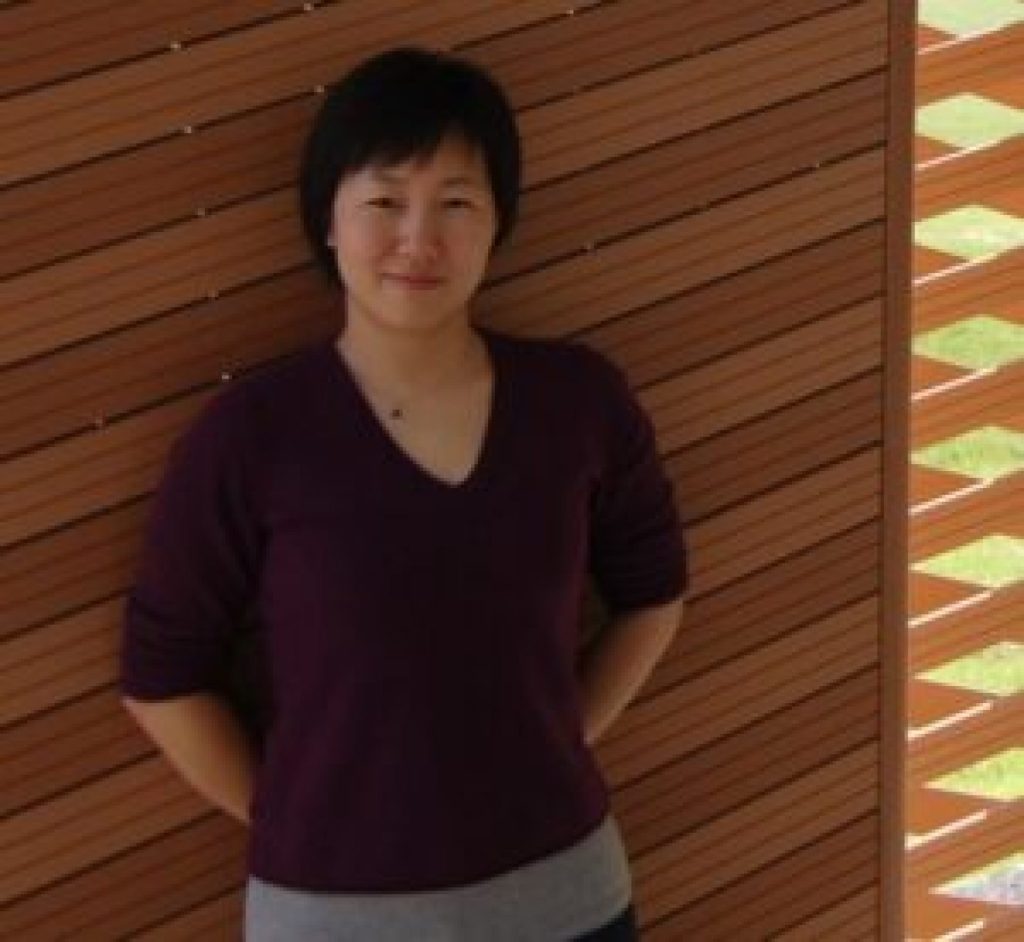
I am a sociologist with a Ph.D. in Management and Urban and Regional Studies from MIT. Currently, I serve as an assistant professor at Peking University. Additionally, I have held various roles at the Centre for Business Research at the University of Cambridge.
My research lies at the intersection of the sociology of organizations, political sociology, and comparative-historical sociology. Using quantitative methods, my work explores four main areas: 1) the role of the state in science and innovation; 2) policy choices, social networks, and political outcomes, 3) the influence of non-governmental organizations (NOGs) on fostering civic engagement and driving social change, and 4) the institutionalization of corporate social responsibility (CSR) reporting in response to social movement pressures.
I am currently completing a coauthored book manuscript tentatively titled “Revisiting the Needham Question: The Rise and Fall of Chinese Inventiveness,” forthcoming in 2025 from Princeton University Press. Named after Joseph Needham (1900-1995), the original question is “why and how China had ceded its leadership in science and technology to Western countries in the 17th century.” We revisit this question with empirical evidence of more than 10,000 manually coded inventions and scientific discoveries between the 5th century BCE to the end of the 19th century CE. Analysis of this and other datasets helps set the question right: Ancient China was extraordinarily inventive as it led the world in science and technology until the 6th century, followed by a gradual decline through the 13th century, and a complete stagnation from the 14th to the 19th century. We answer this question by highlighting a temporal variation within Chinese history rather than conducting a static comparison between China and Europe. Specifically, we explore: 1) What enabled ancient China to initially lead the world in science and technology for centuries? and 2) Why—and crucially, when—did China begin to fall behind? We answer these questions by developing a typology of Chinese state that experienced three phases: the polycentric, enabling, and controlling state that aligns with the rise and fall of inventiveness.
In addition to this book, my articles have been published in leading sociology and management journals, including Social Forces, the British Journal of Sociology, Socio-Economic Review, the Canadian Review of Sociology, the Journal of Chinese Sociology, Sociological Studies (in Chinese), Journal of Business Ethics, Management and Organization Review, and Corporate Social Responsibility and Environmental Management.
Looking forward, the completion of my book represents a key step in understanding the historical dynamics of technological leadership and state influence. This research experience has opened up new research directions that I am eager to pursue. I plan to examine how modern state policies affect the innovation ecosystem and the broader implications for an equitable and just society. In particular, I intend to explore critical issues such as data governance, privacy, digital inequality, and antitrust dynamics against monopolistic practices in the tech industry, assessing how these factors shape the landscape of innovation and influence the distribution of opportunities within society.